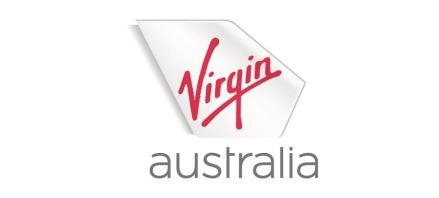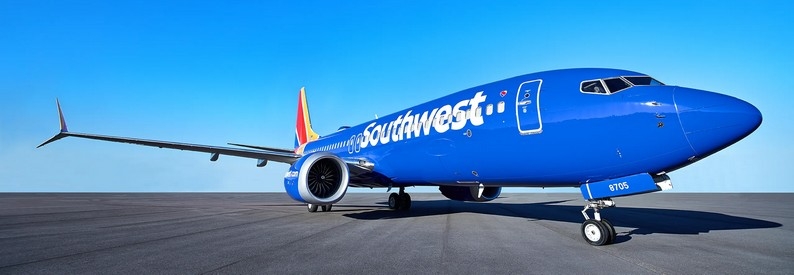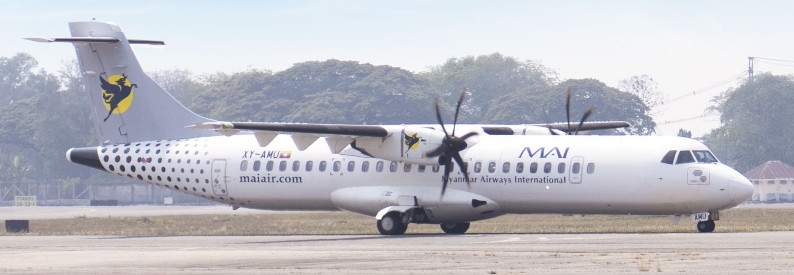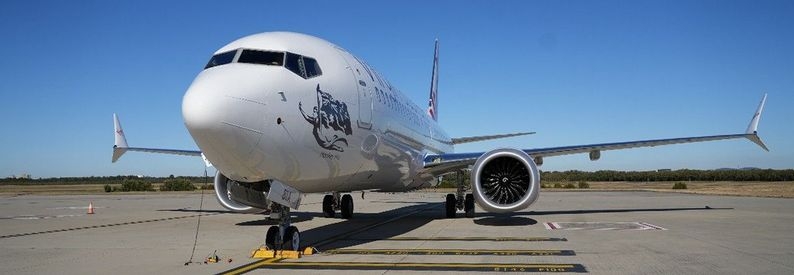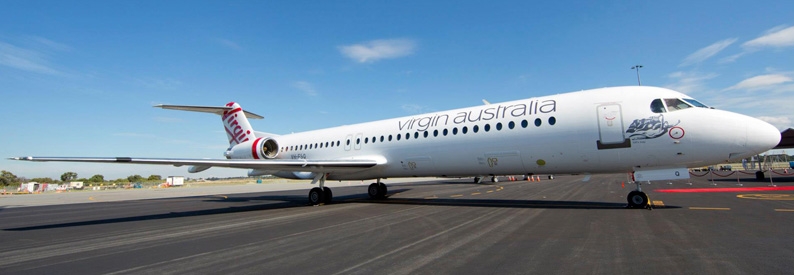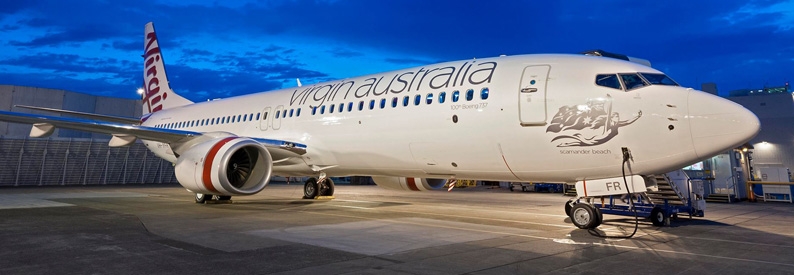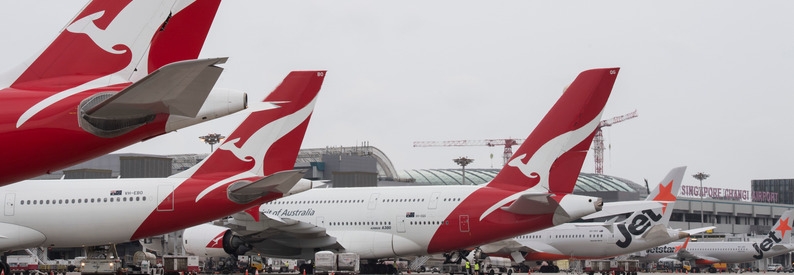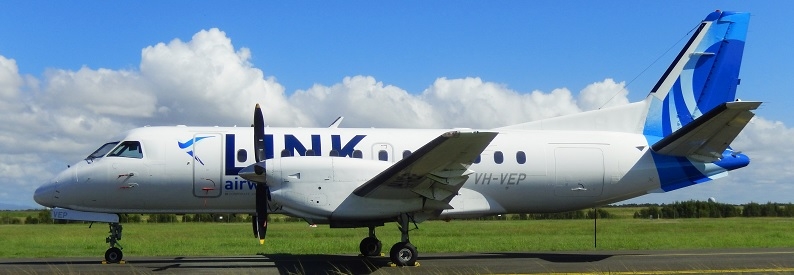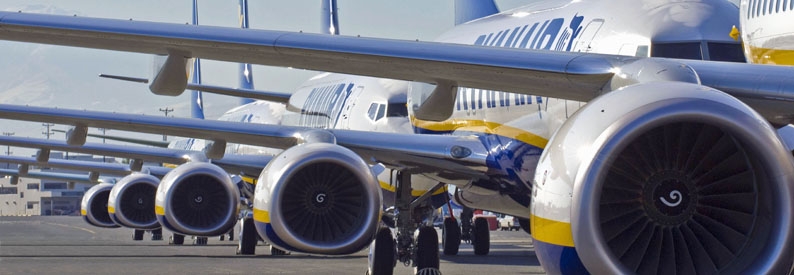Virgin Australia Holdings administrator Deloitte has proposed that the reborn airline buys a fleet of B787s to maintain its intercontinental flights, becoming the latest revelation among numerous rumours to emerge this week, ahead of the 1800L May 15 deadline for bids to be received for the carrier which entered voluntary administration last month. The last of these was a dramatic volte-face by InterGlobe Enterprises, the largest shareholder of IndiGo Airlines, which confirmed it was indeed interested in Virgin Australia.
Potential buyers are concerned that the administrators' plan for the failing airline, dubbed 'Virgin v2.0', ignores how much the COVID-19 outbreak has changed the commercial aviation landscape. Several sources close to the sale process, who spoke to the Sydney Morning Herald (SMH) on condition of anonymity, said the plan includes buying eight B787s to replace Virgin Australia International's existing long-haul fleet of five B777-300(ER)s and six A330-200s.
It was also disclosed in the confidential management plan that the airline would continue to operate an international network flying to Los Angeles International and Tokyo Haneda. In addition, the resurrected Virgin Australia would also fly to New Zealand, Denpasar, and Fiji. These routes would require widebodies to remain part of the fleet.
The details proposing aircraft purchases and international network come amid growing vexation from prospective buyers that Virgin Australia’s administrators, led by Vaughan Strawbridge, are asking them to buy the carrier largely as it was before its failure and before COVID-19 brought the industry to its knees. Potential bidders and aviation experts have expressed concern that Deloitte was not utilising the administration process to more forcefully restructure the carrier by shrinking its fleet and considering employee lay-offs in light of the fact that 'Virgin v2.0' will relaunch in a far smaller commercial market.
“There’s no recognition that the market has fundamentally changed," said one source to SMH, adding that Deloitte was setting up the successful bidder as the "bad guy" who would have to make the tough decisions on reducing the fleet and workforce once they assumed ownership.
“This is the time to fix it,” said another source. A third added that the administrators seemed to be controlled by Virgin Australia's management, with Deloitte implementing its long-term plan for the carrier.
“They are setting themselves up for the most catastrophic failure - some of the consortiums are close to saying ‘ok, fine we’ll see you in the liquidation'," added another source.
Hitting back at the claims, Strawbridge said they were baseless and that bidders were able to acquire the carrier in any form they wanted. However, he added that a major restructuring, including the airline's fleet and employee numbers, could only be completed once the winning bidder was determined. "Our preference is to sell as much of the airline as possible but everything is on the table, we’re not ruling out anything," he said to SMH. Strawbridge has also indicated that he does not plan to lay-off any staff.
Deloitte had been on the defensive earlier this week when a spokesperson at the administrators told Travel Weekly it had not had to borrow funds for the airline to remain operating. This follows suggestions last week in The Australian that Virgin Australia’s administrators wanted to borrow AUD200 million dollars (USD129 million) to help keep the airline afloat while the sale process is concluded.
On May 12, the administrators confirmed that 19 commercial parties interested in purchasing the airline had been granted access to a data room as of May 11 ahead of a May 15 deadline for the submission of non-binding indicative offers. The timetable for the airline's sale calls for binding offers to be provided on June 12, with a sale completed by August.
InterGlobe has now confirmed its interest in Virgin Australia. In a statement on May 15, the Indian firm said it had signed an agreement to participate in the ailing carrier's sale process. "As regards Virgin Australia, InterGlobe Enterprises has signed an agreement to participate in the sale process and is bound by the confidentiality requirements of that agreement," the company said. The announcement comes days after the Indian company clarified to various stock exchanges that it "does not have any interest" in acquiring the Australian carrier. It declined to share further details on its participation in the sale process.
Queensland Treasurer Cameron Dick released a statement on May 13 confirming the state government's move to save the airline and retain its headquarters in Brisbane. Dick said its involvement could take the form of a direct equity stake, a loan, a guarantee or other financial incentives. He also confirmed that he had appointed an investment company as part of the process. Prior to going into voluntary administration, the Queensland government had offered AUD200 million dollars (USD129 million) towards a support package that was conditional on Commonwealth government backing.
Other groups known to be considering a bid for Virgin Australia include US private equity firm Bain Capital, local private equity group BGH Capital and Canadian asset manager Brookfield. Along with Phoenix-based private equity firm Indigo Partners and InterGlobe, in terms of other airline industry interest in the sale, it is believed that Virgin Australia's co-founder Richard Branson is said to be waiting in the wings to join a leading consortium.
In the 39-page affidavit published earlier this week, some details on the airline's structure were confirmed by the administrators:
- Collectively, prior to the appointment of the administrators, the Virgin Group employed approximately 10,000 employees nationally and operated a fleet of 144 aircraft;
- There are some 117 leased aircraft and engines in the Virgin Australia fleet. The aggregate monthly rentals for these aircraft and engines are in the order of AUD40 million (USD25.9 million);
- Because of the COVID-19 travel restriction period, approximately 50 of the aircraft are presently operational with around 27 of those generating revenue at any one time (principally for charter arrangements and otherwise for limited domestic travel). These numbers vary on a day to day basis.
